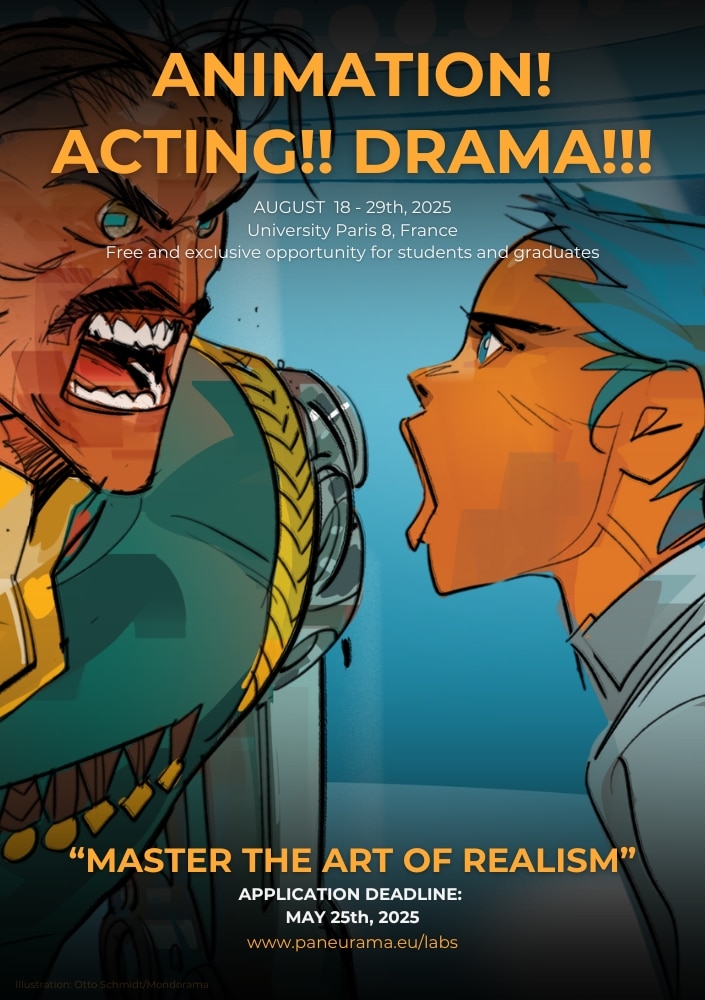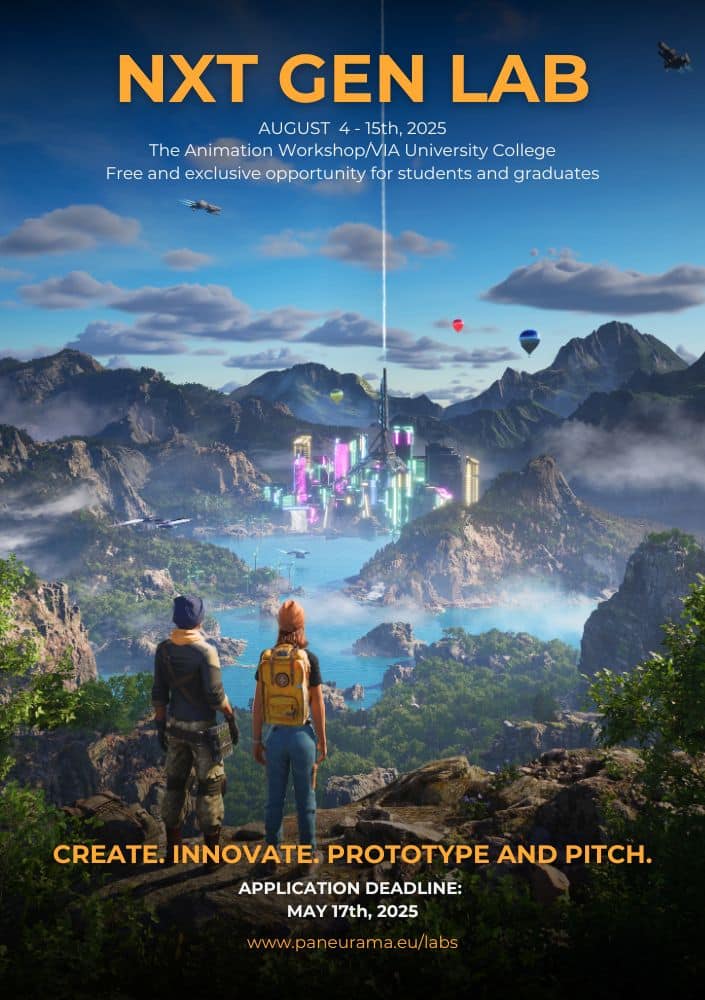We asked our team from the PANEURAMA project to briefly introduce themselves, share the areas they are working on, and respond to some questions addressing current challenges and opportunities in the industry.
We hope you will enjoy reading their insights. The third interviewee is Laura Werup from Khora.

LAURA WERUP
Program Manager @Khora
Q: Can you provide a brief overview of yourself, the industry you work in, and your professional experience?
I’m Khora’s Program Manager for European Research and Innovation. I secure funding, implement programs experimenting with immersive media and extended reality(XR), and build partnerships that unite resources and expertise to bring new use cases to life.
Our team is (among other things) exploring XR’s artistic potential for shifting historical narratives, seeing live performances in mixed reality, and digitally preserving skills and cultural heritage in 3D.
My background includes senior positions in consulting firms and startups across three continents.
Q: In recent years, what do you consider the most significant changes within your industry? How does it affect you or your company? Could you give some examples?
The speed of animated content creation, consumption, and experience design. Real-time rendering enables animators to create stunning, realistic visuals quickly. AI-driven tools help handle repetitive tasks and shorten production timelines.
Accessibility of XR devices for mainstream use has also improved, with, for example, Apple joining the industry, allowing users to experience high-res 3D content. These developments are paving the way for a new era of mixing virtual and physical worlds – and are shaking both professional and consumer markets.
Q: What, in your opinion, are the primary challenges currently faced by the industry?
Making the usability of XR devices accessible and more understandable for consumers and finding the right talent. Despite the number of XR manufacturers and devices, technology is still mystical to the public, and it takes time to find relevant use cases and people who can create XR applications freely.
Q: Could you identify the most significant opportunities within the industry?
AR and VR are opening a new world for experiencing content, merging virtual and physical elements, disciplines, and methods. We will see enormous opportunities in education, healthcare, training, and mental health to improve learning, analyze scenarios, and simulate cases.
Q: What do you think are the most important hard skills in your industry?
XR user experience designers and technical artists who speak many technical languages and understand Universal file formats such as OpenUSD and glTF.
Building and creating virtual experiences using a variety of game engines and tools enables higher interoperability between platforms and devices.
Q: What recommendations would you offer to educational institutions to foster closer collaboration with the industry?
Co-develop graduate programs and do practical training with companies when students are still in school to integrate the theoretical practice better. Work with a flexible curriculum to adjust to the needs of a changing labour market.
Q: As an industry representative, what do you think companies should focus more on to better prepare young artists for their careers?
Companies must provide young artists with a space that has few constraints and little structure so they can unleash their imagination, tell stories, and design narratives that lead to compelling, immersive experiences. At the same time, young artists should be open to meeting the demands of the industry so we can craft stories that resonate with audiences.
Q: What do you think are the most important soft skills in the industry, and could you advise on how to develop them?
Getting people on board with your ideas is critical to making anything happen – this requires communicating, mobilizing, and leading with empathy. Seek to bring unconventional voices or perspectives into your workflows and creations – diversity makes everything more exciting and fun.
Q: Could you provide suggestions or recommendations for students and graduates aiming to succeed in the current market?
Develop skills in cross-platform development, as immersive experiences often span multiple platforms, such as headsets and mobile devices. Understanding and learning universal frameworks and file formats like OpenXR, OpenUSD, glTF, and AI generative tools is vital for game development. Finally, collaborate with others, as any development process involves multidisciplinary teamwork.

